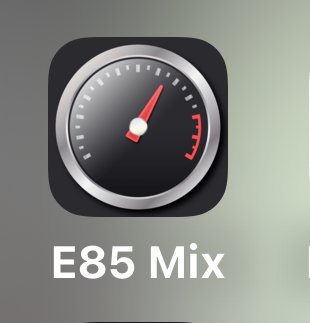Without being on the High Performance Explorer ST Facebook group I'm guessing I am the last one to find out about the Port Injection Kit that EMS is offering.
EMS 3.0L Ford Explorer EcoBoost Port Injection Kit – Engineered Motorsport Solutions (emsinc-tn.com)
With it costing less than Nostrum's Stage 1 Bundle and flowing more than their Stage 3 Bundle...what's the downside?
The factory charge pipe has a lengthy silicone coupler connecting it to the throttle body, so I speculate you wouldn't even need a modified charge pipe despite the increased plenum height. It's probably also only a matter of time before our favorite tuners have mastered its integration.
Thoughts?
EMS 3.0L Ford Explorer EcoBoost Port Injection Kit – Engineered Motorsport Solutions (emsinc-tn.com)
With it costing less than Nostrum's Stage 1 Bundle and flowing more than their Stage 3 Bundle...what's the downside?
The factory charge pipe has a lengthy silicone coupler connecting it to the throttle body, so I speculate you wouldn't even need a modified charge pipe despite the increased plenum height. It's probably also only a matter of time before our favorite tuners have mastered its integration.
Thoughts?
-
1
- Show All

